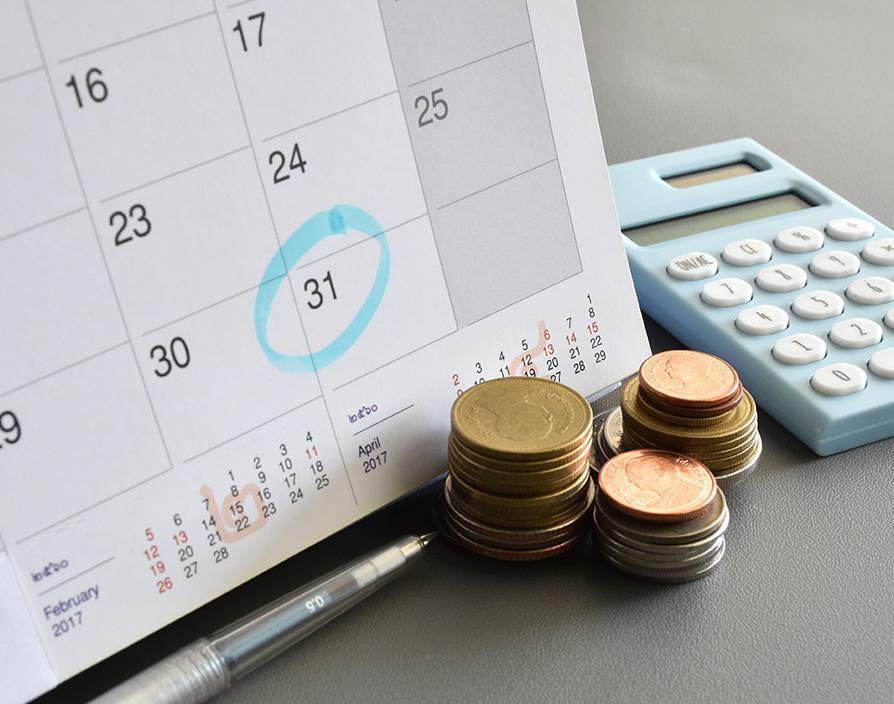Contracts are agreements, either written or spoken, between two or more parties. However, as straightforward as that may sound, any contractual relationship between supplier and customer can be fraught with difficulties.
Many of the complaints and enquires we get at the Office of the Small Business Commissionerare about payment terms in contracts, rather than about ‘late’ payments. There are many myths out there about contracts. But for this month’s feature I’ll concentrate solely on payments, rather than overcomplicate matters.
Contracts are agreements. One side should not impose its wishes on the other. You have the right to say ‘no’ to specific terms and conditions – or even the entire contract. However, you do have to be prepared to negotiate or walk away. Once you’ve accepted the terms, either in writing – by signing an agreement – or verbally, you are bound by it.
There’s a myth that if payments have been agreed verbally, but aren’t in writing, then there’s no contract detailing when you have to pay or be paid. If payments haven’t been mentioned at all, then there’s a default expectation that invoices will be paid within 30 days of goods being delivered or work completed.
However, the question will arise as to whether there was any discussion about payments. It’s easy to forget what was discussed and it can end up being one person’s word against the other.
We often get one side claiming ‘we didn’t discuss payment terms, so I should have been paid on 30 days.’ The other side will be adamant that payment terms were discussed, and will suggest that an agreement was made at 45, 60, 90 or even 120 days. If there’s nothing in writing it can be a nightmare to decide who is right and who is wrong.
Then there are contracts in writing, where payment terms are clearly set out and both parties have signed agreements. But we do know that often the supplier hasn’t read the contract. A classic example this week was the comment: ‘The contract is 50 pages long, I didn’t read it all’.
Suppliers, and in particular small suppliers, often feel that the bigger customer has all the power. They believe the terms in the contract must be accepted. They often don’t have the confidence, time and capacity to push back and negotiate better terms. I’ve even been told by one small firm that ‘we aren’t allowed to negotiate’.
When I investigated this statement, I discovered that the supplier thought they had to accept the terms offered to them by the customer. The bravest of small suppliers set out their own terms, and will explain to customers: ‘Our payment terms are seven, 14, 21 or 30 days from the date you receive our invoice or from delivery of goods.’
Others are even braver and ask for part-payment up front, in order to buy materials or hire freelance services. And if the project takes many weeks or months, they might also ask for part-payments at various stages of completion. We appreciate it is hard to be brave when you fear that the work may be taken away, or given to another supplier, or you may lose out on future projects.
Contracts often include other terms and conditions regarding payments. This week we’ve heard from companies who have had retentions and reserves applied to their supplies. This has led to customers holding back large chunks of payments, leaving suppliers unable to buy materials for future orders.
In some cases, small business owners have been unable to pay their staff or feed their children. No matter how many pages a contract covers, and no matter how many complicated clauses are inserted in it, you need to know what you’re signing up to. And we’re here to help.
Remember, if you haven’t received payment as agreed within the terms of the contract, then your payment is overdue. It’s possible the customer will declare that the contract hasn’t been complied with. They will also explain that this is the reason why payment has been withheld.
If you have delivered the services as laid out in the agreement, and there is no dispute, then you are entitled to claim interest on any money that is overdue. You have the right to be compensated for late payment. And the Office of the Small Business Commissioner can help with that too.
If the dispute isn’t easily resolvable, because the two sides can’t agree as to what was agreed, and there’s nothing in writing either, then your only means of recourse may be through the courts. This can be expensive, time consuming and long-winded. And this is not in anyone’s interest.
At this stage, many suppliers drop their attempts to get paid. But this often results in the smaller suppliers finding themselves strapped for cash. They are unable to pay their own bills and in danger of going out of business. That’s bad news for everyone, including the customer, who may find it difficult to locate a new reliable supplier.
It’s much better for all involved if fair payment terms are negotiated and agreed in a written contract. Then everyone knows where they stand.
Share via:









































